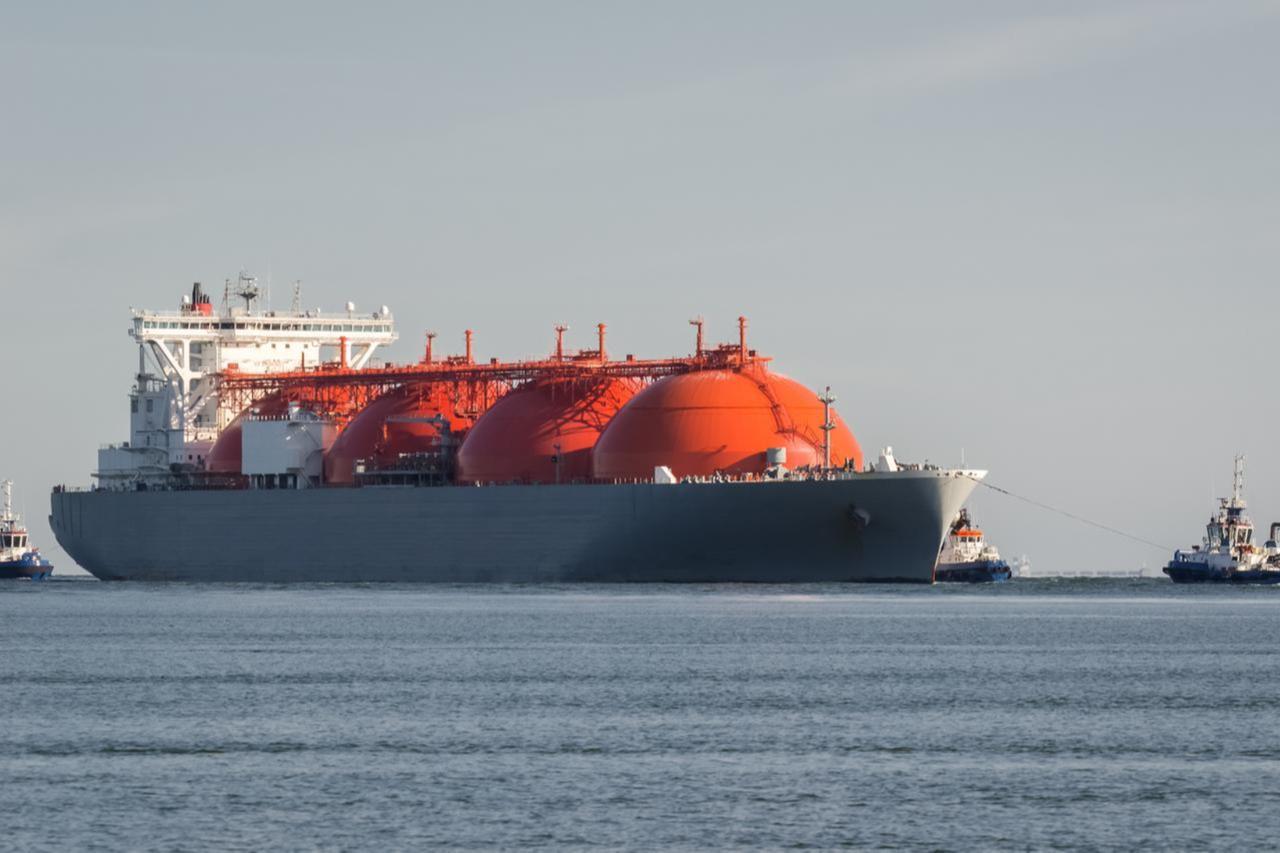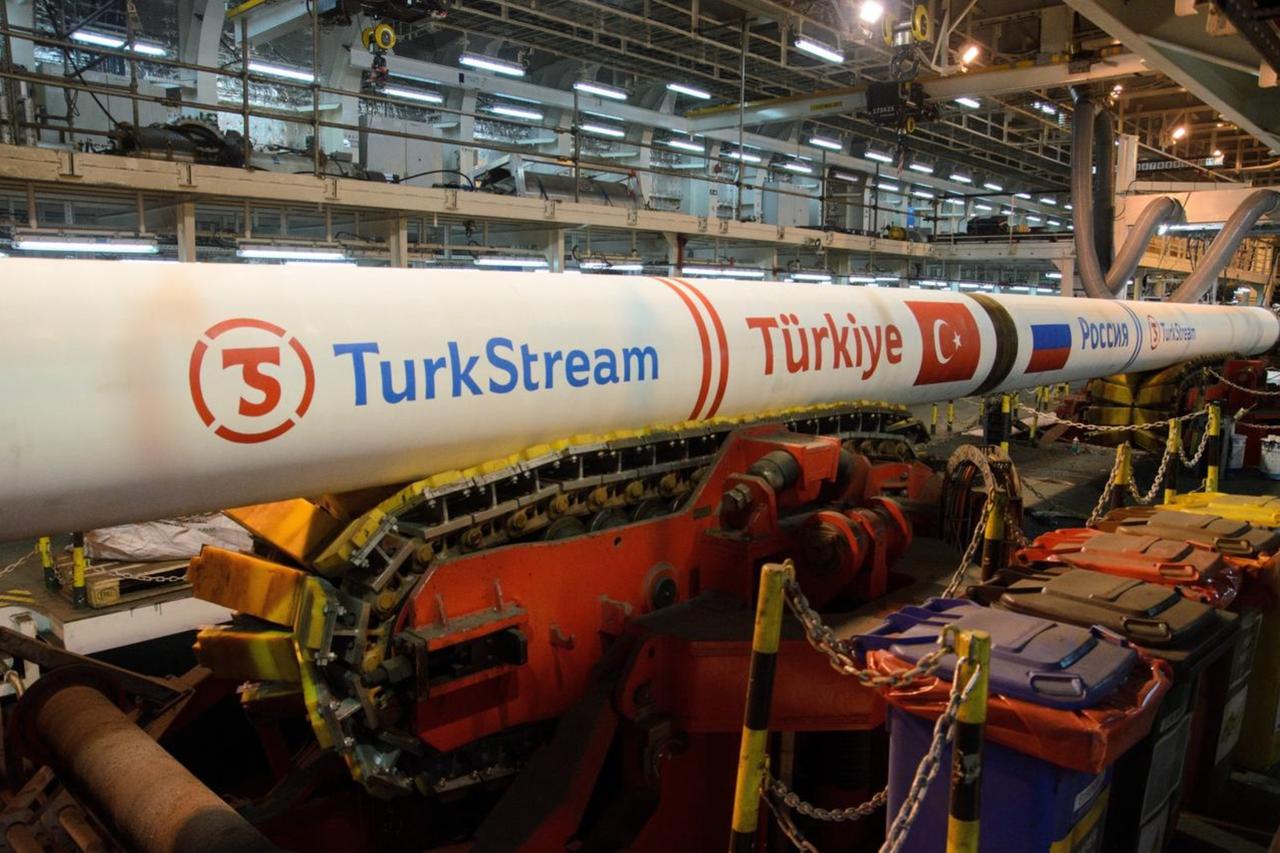
U.S. and Bosnian officials have reached an agreement in principle for American partners to lead construction of a natural gas pipeline that would connect Bosnia to Croatia's liquefied natural gas infrastructure, offering the Balkan nation an alternative to its complete dependence on Russian gas supplies.
The breakthrough came Thursday during discussions between U.S. Embassy Charge d'Affaires John Ginkel and leaders of the five largest political parties in Bosnia's Bosniak-Croat Federation, according to a U.S. Embassy statement. The parties unanimously agreed to pursue the South Interconnection pipeline project "as fast as possible" after three years of parliamentary gridlock.
The proposed pipeline would transport natural gas from an LNG terminal on Croatia's Krk island to Bosnia, which currently relies entirely on Russian gas delivered through Serbia via the TurkStream pipeline. Bosnia uses natural gas for approximately 8 percent of its energy consumption, with the capital Sarajevo representing the largest consumer.

The project secured approval in the lower house of the Federation parliament three years ago but has since been blocked in the upper chamber, known as the House of Peoples. A Croat caucus has conditioned its support on establishing a new transmission system operator based in the Croat-dominated portion of Bosnia, despite the existence of BH Gas company, which operates from Sarajevo.
The Federation constitutes one of two autonomous regions in postwar Bosnia and Herzegovina, alongside the Serb Republic. The country's complex power-sharing arrangements, established following the 1990s conflict, frequently result in protracted political disputes over infrastructure and governance issues.
Ginkel presented political leaders with the possibility of an American company developing, constructing and managing the pipeline infrastructure. "American private-sector investors can ensure that construction of the Southern Interconnection will move quickly and will help secure affordable and reliable U.S. liquefied natural gas to strengthen BiH's energy security," the embassy stated.
The parties committed to more detailed discussions on implementation of the U.S.-led proposal. On Wednesday, U.S. Energy Secretary Chris Wright emphasized that "continued investment in modern infrastructure, including the Southern Interconnection, is essential to long-term energy security," describing the project as a means of delivering U.S. LNG from Croatia to Bosnia and ending dependence on Russian gas.
The pipeline represents part of broader European efforts to diversify energy sources away from Russian natural gas. Bosnia, which possesses no domestic gas reserves, remains vulnerable to supply disruptions given its singular reliance on Russian imports through neighboring Serbia.
The LNG terminal on Krk island has emerged as a strategic asset for Central and Southeast European nations seeking access to global gas markets. Liquefied natural gas can be imported by tanker from various suppliers worldwide, offering recipient countries greater flexibility than fixed pipeline connections to single supplier nations.